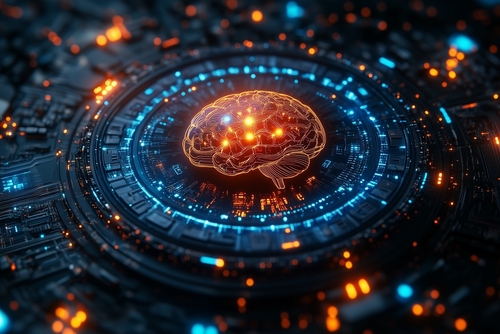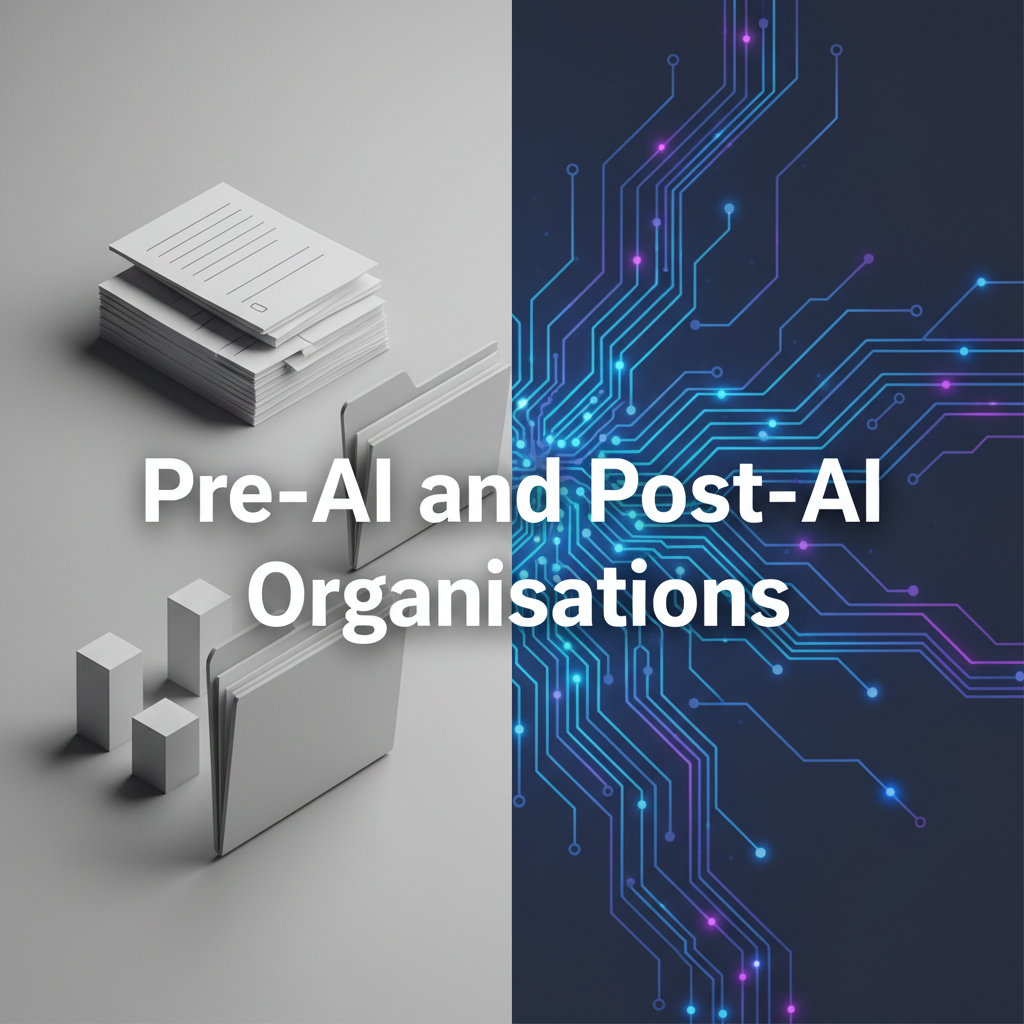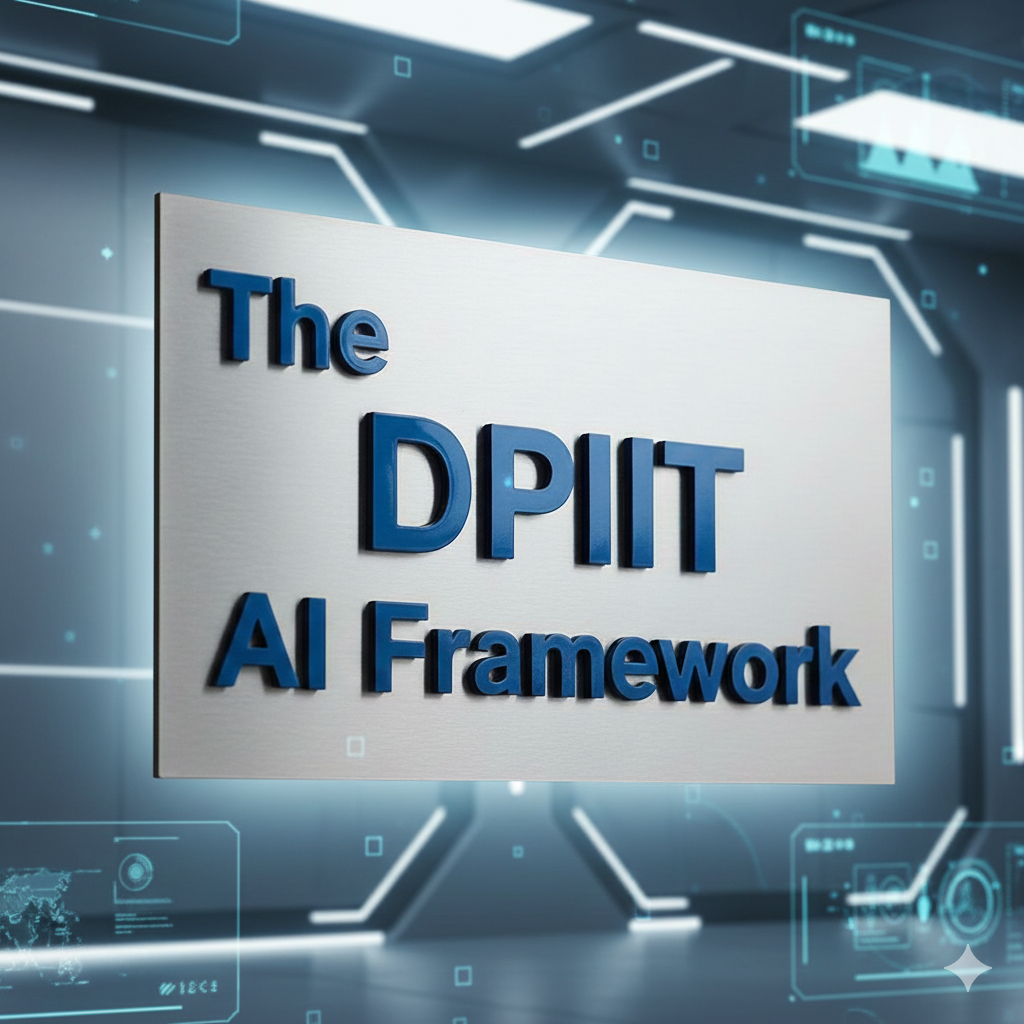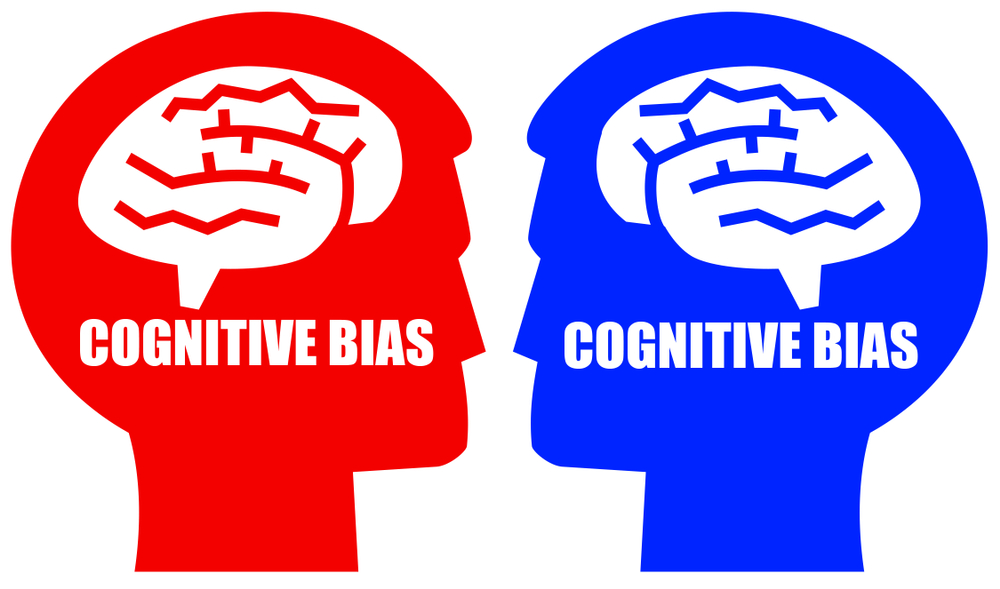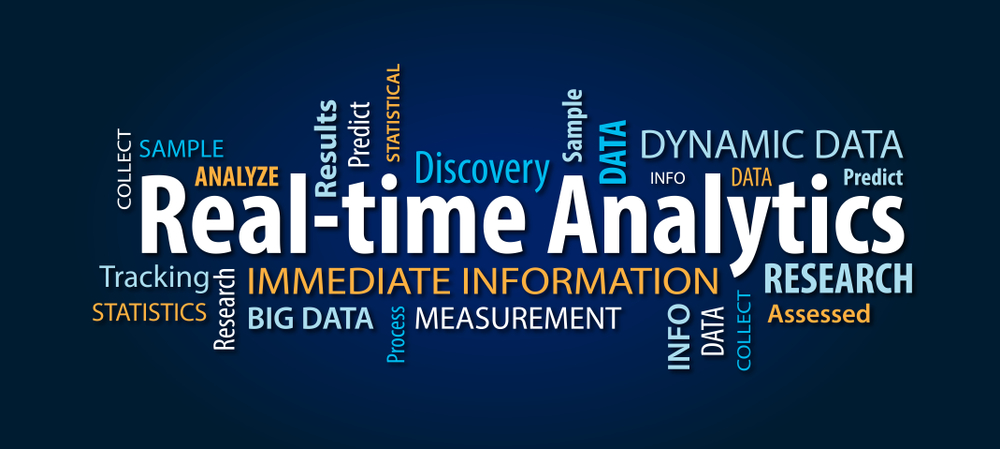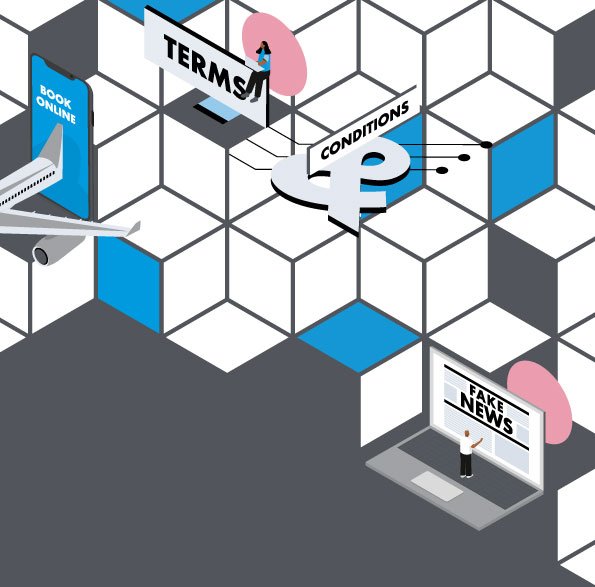The integration of AI with data science and behavioural science is revolutionizing both fields, creating new opportunities for understanding and influencing human behaviour. Here’s how AI is transforming these disciplines:
Enhanced Predictive Modeling
AI-driven models are being used to predict human behaviour and decision-making with unprecedented accuracy. These models can analyze vast amounts of data to identify patterns and trends that human researchers might miss, leading to more nuanced insights into behavioural patterns.
Personalized Interventions
AI enables the design of highly personalized behavioural interventions. By processing individual data points, AI can tailor strategies to specific personas or even individual users, potentially increasing the effectiveness of behaviour change programs.
Synthetic Research Participants
One of the most innovative applications of AI in behavioural science is the generation of artificial research participants. This allows researchers to test behavioural interventions on AI-generated subjects before involving human participants, potentially streamlining the research process, and reducing ethical concerns.
Scaling Qualitative Research
AI chatbots are being employed to conduct qualitative research at scale. This approach allows researchers to gather copious amounts of qualitative data more efficiently, with some participants even reporting feeling more comfortable discussing sensitive topics with an AI interviewer.
Interpretable AI for Decision-Making
Researchers are developing AI tools that not only make predictions but also provide interpretable rules-based outputs. This allows behavioural scientists and policymakers to understand the reasoning behind AI-generated insights, crucial for making informed decisions in complex scenarios.
AI as a Research Co-pilot
The future of behavioural science research is likely to involve AI as a co-pilot. AI tools can assist in literature reviews, data analysis, and even hypothesis generation, allowing researchers to focus on higher-level interpretation and theory development.
Experimental Design Enhancement
Automated Design Optimization
AI helps determine optimal sample sizes, calculate statistical power, and balance practical constraints like cost and time limitations while maintaining experimental robustness. This streamlines the traditionally complex process of experimental setup and resource allocation.
Literature Analysis and Hypothesis Generation
AI systems can analyze extensive datasets and existing research to identify knowledge gaps and generate well-grounded research hypotheses. This capability accelerates the brainstorming phase while ensuring research questions are firmly rooted in existing literature.
Implementation Improvements
- Real-time Participant Support-
AI chatbots provide immediate support during experiments by:
- Clarifying instructions for participants
- Answering questions in real-time
- Monitoring participant engagement
- Detecting potential cheating or misconduct
- Synthetic Participants
Researchers can now test behavioral interventions on AI-generated synthetic participants before involving human subjects. This approach helps refine experimental protocols and reduce ethical concerns while maintaining research integrity.
- Data Analysis Enhancement-
Advanced Pattern Recognition
AI enables more sophisticated analysis of experimental data by:
- Extracting insights from qualitative data like participant feedback.
- Identifying patterns and correlations traditional methods might miss.
- Organizing and cleaning data efficiently.
- Interpretable Results-
Modern AI tools provide interpretable rules-based outputs rather than black-box solutions. This allows researchers to understand the reasoning behind AI-generated insights and make more informed decisions about their experimental findings.
- Quality Control-
Bias Reduction
AI helps identify and mitigate potential biases in experimental design and data collection, ensuring more reliable and valid results. This systematic approach to quality control enhances the credibility of behavioral research.
- Standardization
While maintaining flexibility for innovation, AI helps standardize experimental procedures and data collection methods, leading to more reproducible research outcomes.
This integration of AI into behavioral science experimentation is creating unprecedented opportunities for more efficient, accurate, and insightful research while addressing traditional limitations in experimental design and implementation.
- Real-time Behavioural Analysis
In fields like marketing and user experience, AI enables real-time analysis of consumer behaviour. This allows for dynamic adjustments to strategies and interventions, creating more responsive and effective behavioural change programs.
As AI becomes more integrated into behavioural science, there is an increased focus on ethical considerations. Researchers are developing frameworks to ensure that AI-driven behavioural interventions respect privacy, avoid manipulation, and maintain transparency.
The synergy between AI, data science, and behavioural science is creating a new frontier in understanding human behaviour. As these technologies continue to evolve, they promise to provide deeper insights and more effective strategies for addressing complex societal challenges.


